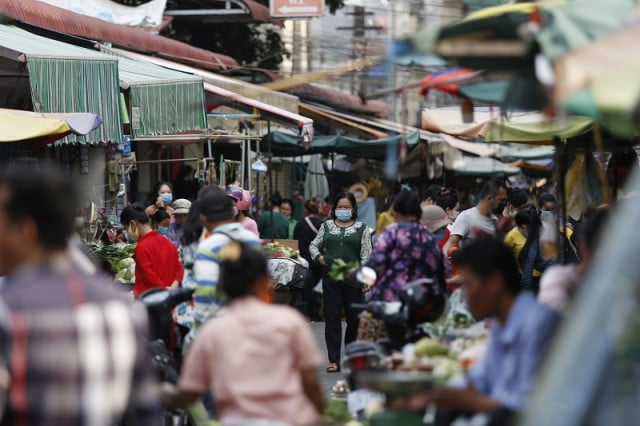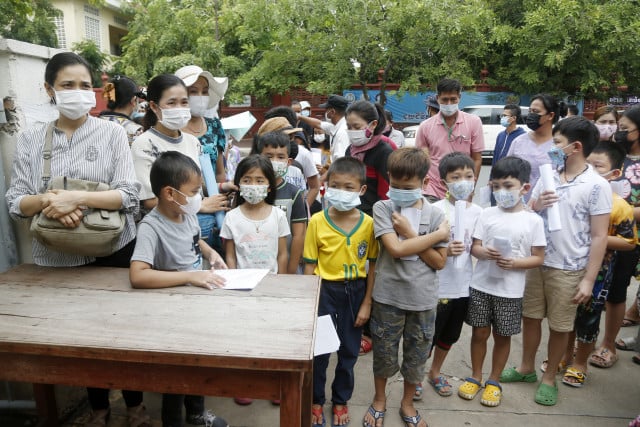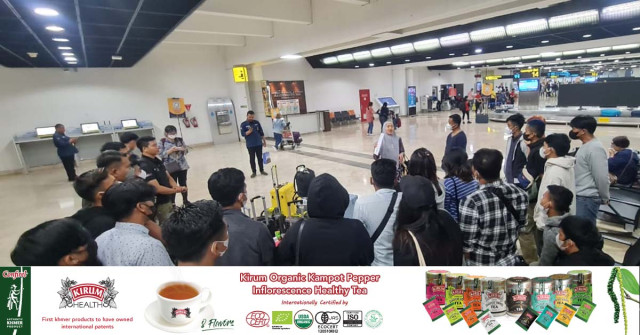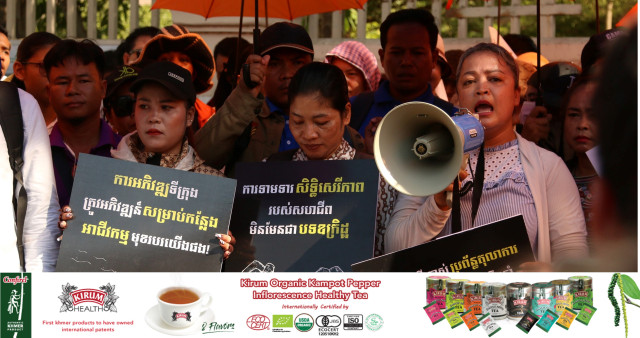Major Japan Quake Kills Six, Triggers Tsunami Waves
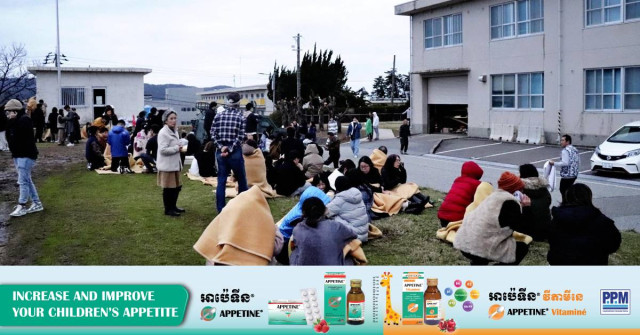
- By Agence France-Presse (AFP)
- January 2, 2024 8:50 AM
Kanazawa, Japan -- At least six people died in a major earthquake that struck central Japan on New Year's Day, triggering tsunami waves over a metre high, damaging homes and sparking a major fire that wreaked destruction overnight, authorities said Tuesday.
The scale of the damage from Monday's quake was still emerging, with news footage showing toppled buildings, sunken boats at a port, countless charred homes, and locals without power in freezing overnight temperatures.
The US Geological Survey (USGS) said the quake, which struck Ishikawa prefecture on the main island of Honshu had a magnitude of 7.5.
Japanese authorities put it at 7.6 and said it was one of more than 90 quakes that had rocked the region as of 1:00 am Tuesday (1600 GMT Monday).
Waves at least 1.2 metres (four feet) high hit the port of Wajima on Monday, and a series of smaller tsunamis were reported elsewhere, but warnings of much larger waves proved unfounded.
Aerial news footage showed sunken boats at the fishing port of Suzu, with at least one washed onto shore, and devastation from a major fire in Wajima.
Around 32,700 households in the region remained without power on Tuesday, the local energy provider said.
Tens of thousands of people had been ordered to evacuate, according to the fire and disaster management agency, cited by Kyodo. About 1,000 people were staying at a military base, the defence ministry said.
"I instructed (emergency workers) to reach the area as soon as possible by using whatever means available," Prime Minister Fumio Kishida said late Monday after a disaster response meeting.
"It is very cold now. I issued an instruction to deliver necessary supplies like water, food, blankets, heating oil, gasoline, fuel oil, by using planes or ships," Kishida told reporters.
- 'Horrible situation' -
Images on social media showed cars and houses in Ishikawa shaking violently and terrified people cowering in shops and train stations. Houses collapsed and huge cracks appeared in roads.
"I have never experienced anything like this before, it was scary. I went out right away but the ground was shaking," an elderly man told NHK.
"We are in a horrible situation. Please come and help us," said one person in a video shared on X, formerly Twitter, showing several badly damaged houses.
The major fire in Wajima engulfed a row of houses, video footage showed, with people being evacuated in the dark, some with blankets and others carrying babies.
A duty officer at Wajima Fire Department said they still were being overwhelmed Tuesday by rescue requests and reports of damages.
"Since this morning, the number is rising," he told AFP, adding that the department has received dozens of reports of structural damage.
A six or seven-storey building toppled over, but the officer could not give details on whether any people were inside.
"We are dealing with various fires and sending our resources for those too," he told AFP.
Many houses collapsed in the city of Suzu, reports said.
In Washington, US President Joe Biden was briefed on the quake and offered Japan "any necessary assistance" to cope with the aftermath.
- Bullet trains suspended -
Several major highways were closed around the epicentre, Japan's road operator said, and bullet train services from Tokyo were also suspended.
Four bullet trains stopped for hours in the affected region on Monday evening, with around 1,400 passengers stuck on the trains, local media said, with some of the services moving by Tuesday morning.
Flights and mobile phone coverage were reportedly disrupted while many convenience stores were shut.
Defense Minister Minoru Kihara said 1,000 military personnel were preparing to go to the region, while 8,500 others were on standby. Around 20 military aircraft were dispatched to survey the damage.
The Japan Meteorological Agency warned local residents of possible further quakes during the coming week or so, particularly within the next two to three days.
Monday's quake shook apartments in the capital Tokyo some 300 kilometres away, where a public New Year greeting event that was to be attended by Emperor Naruhito and his family members was cancelled, local media said.
Japan experiences hundreds of earthquakes every year and the vast majority cause no damage.
The country has strict regulations intended to ensure buildings can withstand strong quakes and routinely holds emergency drills.
But the country is haunted by the memory of a massive 9.0-magnitude undersea quake off northeastern Japan in March 2011, which triggered a tsunami that left around 18,500 people dead or missing.
The 2011 tsunami also sent three reactors into meltdown at the Fukushima nuclear plant, causing Japan's worst post-war disaster and the most serious nuclear accident since Chernobyl.
Japan's nuclear authority said there were no abnormalities reported at the Shika atomic power plant in Ishikawa or at other plants after Monday's quake.
© Agence France-Presse







